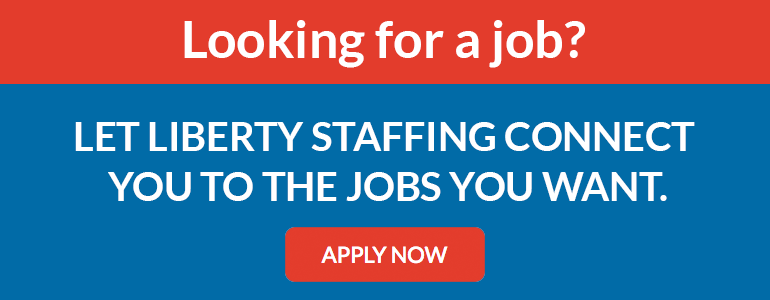 Over the past few years, there’s been considerable debate about whether cover letters are going extinct. In an age when you can click a button and send your entire LinkedIn profile to a hiring manager, do you need to write an introductory letter?
Over the past few years, there’s been considerable debate about whether cover letters are going extinct. In an age when you can click a button and send your entire LinkedIn profile to a hiring manager, do you need to write an introductory letter?
Some people say no, but others believe cover letters are an absolute must for any job application. Some employers will even request cover letters in their job postings.
Even if more employers are leaving cover letters behind, there’s no harm in learning how to write one. Knowing how to craft a truly outstanding cover letter could even help you stand out in a sea of applicants.
Give it a Personal Touch
A resume is essentially a checklist of your skills and experience. It’s short and simple. A prospective employer should be able to skim it over and get a good idea of who you are as an employee.
Given that, there isn’t usually a lot of room to be personal in a resume. The cover letter is your chance to differentiate yourself from other applicants by delving into more detail. Try to avoid the economical language of your resume. This is your chance to show off who you are as a person.
Also be sure to customize the cover letter to the job posting.
Keep in mind that you still want to be professional, and you should avoid embellishment. You don’t want to copy and paste your resume, but you shouldn’t include anything that isn’t on the resume either.
Focus on Skills and Achievements
Your resume reviews your work experience in a friendly format. Your cover letter is the place where you can speak to your skills and achievements, so focus on them more so than your experience.
You still don’t have much space, since a cover letter is usually a page or less. You won’t have time to tell lengthy stories about how you worked on a project that honed this skill, or what you did to win this award, but you certainly want to mention these accomplishments.
While your resume focuses on experience, your cover letter can help an employer see past that. Maybe you learned your skills in a volunteer or informal setting that isn’t reflected in the rundown of your work experience. You may be fresh out of school, so you don’t have much workplace history, but you do have skills you’ve developed through your educational career.
Finally, if you’re short on achievements or skills, speak to your job goals and how they connect to the role you’re applying to.
Make it All about Them
Resumes and cover letters seem like a great opportunity to talk yourself up, and they are. You want to be careful though, since all the “me” talk can come across as being self centered.
To balance this out, try to highlight how you fit the role at hand, not how the role fits you. Instead of talking about how working for this company could help your career, speak to how your skills could benefit the company. The hiring manager may think your job goals are interesting, but they’re less concerned about helping you achieve them. Their job is to find the right person for the role, so help them see why that person is you.
Be sure to address your cover letter to the employer, hiring manager, or another specified person whenever possible. If you can’t find an individual’s name, or you’re not sure who will receive your application, try to personalize the greeting by including the company name. It feels much friendlier than “to whom it may concern.”
Get a Helping Hand
Crafting a great cover letter doesn’t need to be difficult. Ask a family member, or friend, to help you out. You can also visit resume and cover letter writing services at your local library or community centre for assistance.
If you’re looking for a new job, get in touch with our recruiting experts at Liberty Staffing. We connect great people with great jobs!


